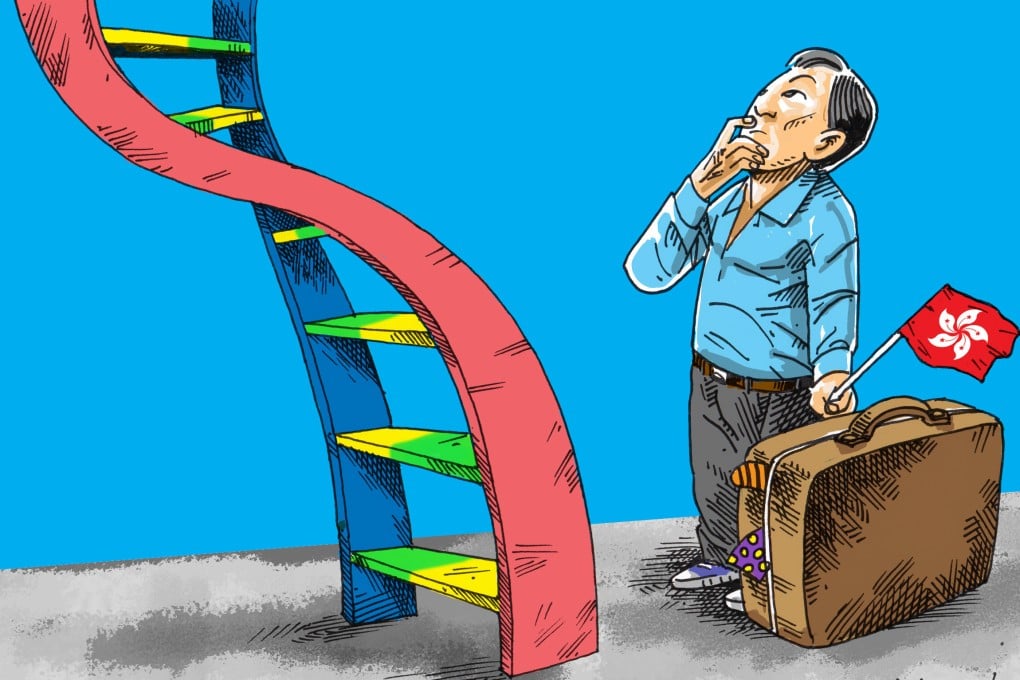Opinion | Hong Kong exodus: those who choose to stay need to decide where their loyalties lie
- It is not surprising to see many people leaving the city after the events of the past two years as history shows flight is in Hongkongers’ DNA
- For those committed to the city, it is time to help rebuild for the long-term future as part of China

Hong Kong people have flight in their DNA. This is not surprising in light of the city’s complicated history, but now that Hong Kong has been a part of China again for more than two decades, the people of this city need to reflect on the meaning of citizenship.
Hong Kong’s population increased quickly from about 2 million to 4.5 million between 1950 and after the tumultuous Cultural Revolution and Mao Zedong’s death in 1976. The population had grown to almost 4.7 million by 1978 on the eve of China adopting its new policy to pursue development in earnest.
It is common for Hong Kong families to have relatives living overseas. For example, many who left the mainland after 1949 went further afield because Hong Kong was considered too close to China. Most who left saw the Maoist era in a very poor light.

